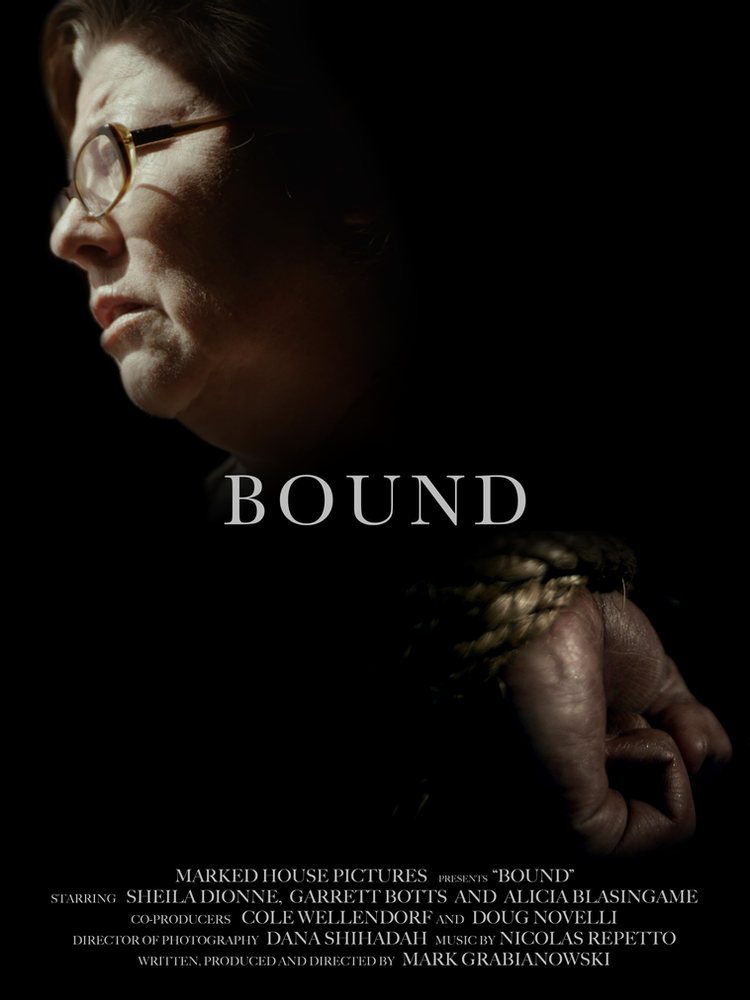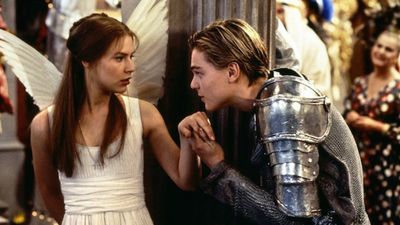The Bitter Truths Behind Trigger Warnings
Disney assembled a dream team to protect us from our problematic past.
The Mouse House recruited 11 organizations to ensure its back catalogue in no way upsets modern viewers. Think GLAAD, Define American and IllumiNative, among the listed groups on its “stories matter” web site.
The effort seems noble, but it only highlight the folly of trigger warnings and Cancel Culture at large.
So why do it in the first place?
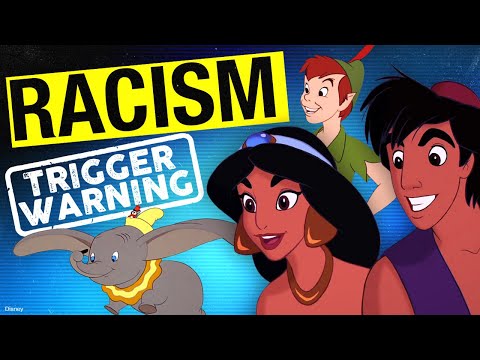
Disney doesn’t want to offend viewers with content created by a less sensitive culture. All it takes is a few irate Twitter users, a hashtag campaign, and suddenly the biggest media company in town is defending itself from the woke mob, cyber pitchforks in hand.
So it often acts before the mob can assemble. Case in point:
Disney Plus slapped a warning on an old episode of “Spider-Man and His Amazing Friends.” The ‘80s cartoon series, created decades before the current superhero craze, featured an episode with non-Asian actors voicing Asian characters. And, according to media outlets, the characters sounded stereotypically Asian.
Voila, a trigger warning was born.
Disney Plus previously slapped trigger warnings on “Peter Pan,” Dumbo” and “The Aristocats.” So what’s wrong with that? The content is still available for viewing, right?
Yes … and potentially no.
RELATED: Pen America Won’t Defend Artists Against Cancel Culture Surge
Cancel Culture, an integral part of the trigger warning push, spreads its tentacles whenever and wherever possible. And content removal is very much part of its to-do list.
HBO Max briefly pulled “Gone with the Wind” before restoring it to the service complete with a “trigger warning” about its dated content.
Let’s repeat this.
The highest grossing film of all time, if you adjust for inflation, briefly disappeared due to sharing insufficient rage against the horrors of slavery. And it’s not the first time the Civil War epic faced extinction.
See where this is headed?
We’ve already seen sitcom episodes disappear for depicting characters in blackface. Certainly those shows could have survived with a few trigger warnings in place, right? It wasn’t enough, apparently. So what happens when a particular group deems trigger warnings insufficient?
A screening of “Kindergarten Cop” got scrapped after a single activist took offense at its alleged “school-to-prison” pipeline narrative. Yes, it often takes but a single voice for something to be canceled.
That’s only part of the problem.
Conservatives routinely point to “Blazing Saddles,” Mel Brooks’ raucous 1974 comedy, as the ripest target for Cancel Culture. The film features copious use of the “n-word,” even though it’s meant to mock racists, not demean people of color.
A quick side note: Context often doesn’t matter when it comes to “problematic” content.

That conservative messaging may be the only thing standing in the way of the film’s “cancellation.” That, and our enduring affection for its director, the ageless Mel Brooks. Even he knows it’s merely a matter of time before his film disappears. He already admitted it couldn’t be made in our modern climate, a damning statement on its own.
So who decides what’s problematic or not? Disney has its corral of experts. Who manages the task for other outlets? And who chose them in the first place? Do they represent true diversity? Are Christian groups part of the discussion? Do these groups fairly judge what’s insensitive and what isn’t?
GLAAD already showed how inconsistent its outrage is depending on the politics in play. The National Organization for Women (NOW) similarly stands down when victims aren’t from the “right” group.
Another problem? The trigger warning trend speaks to a dumbing down of the culture, akin to a “lost” scene from Mike Judge’s “Idiocracy.”
A recent example explains it the best.
The UK Culture Minister, let that title sink in for a second, recently urged Netflix to add a warning to its blockbuster series “The Crown.” The show follows both the Queen of England (Olivia Colman) as well as the Prince and Princess of Wales.
Evidently the team behind “The Crown” employed creative license to heighten the drama, something virtually every TV show or movie based on actual events does.
“I fear a generation of viewers who did not live through these events may mistake fiction for fact,” Oliver Dowden told the Mail on Sunday.
He said Netflix’s “beautifully produced work of fiction… should be very clear at the beginning it is just that”.
Creator Peter Morgan has called the show “an act of creative imagination”.
Mr Dowden told the paper he intended to write to Netflix this week to express his concerns. The streaming giant declined to comment.
The scariest part? Some journalists are all in on the request.
The Mail on Sunday has led calls for a disclaimer to be added to the series.
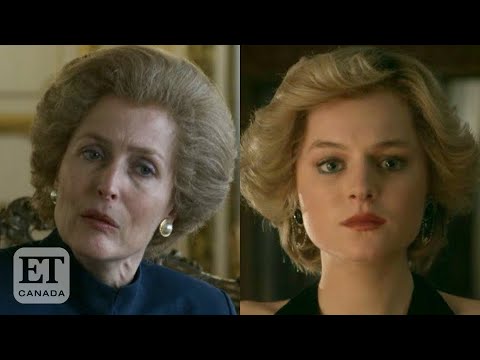
Why not do the same for “Bohemian Rhapsody?” The Freddie Mercury biopic tortured the truth, all to gin up the film’s blistering Live Aid finale. Does that require a warning, too? If not, why not? And where will it end?
In today’s culture everyone has his or her pet cause. For The Mail it’s the Royal Family. The NAACP might focus on the media’s depiction of consequential black Americans.
Everyone, and we mean everyone, has a subject that speaks to them in a deeply personal manner. So where do the trigger warnings end given that reality?
CAIR railed against the depiction of Muslims 22 years ago in the terrorist thriller “The Siege.” Would trigger warnings suffice if the film surfaced on a streaming platform?
The list goes on … and on … and on.
Today it’s a trigger warning. Tomorrow? Well, you better have a physical copy of your favorite films … just to be sure. Book burning, either the digital kind or the real deal, is suddenly in vogue.
Labeling “The Crown” as fiction, assuming it happens, could “trigger” an endless spiral of similar warnings. Ben Affleck’s fact-based “Argo” featured a mesmerizing sequence shot in an airport … only it never happened like that in real life.
Time for a warning?
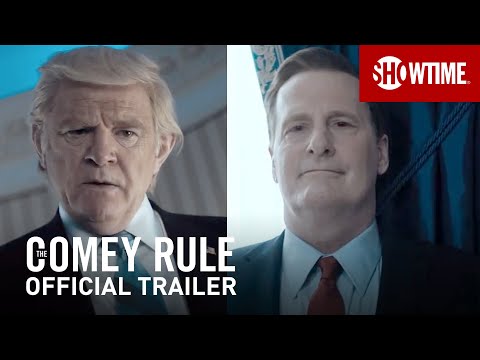
Showtime’s recent miniseries “The Comey Rule” is a smorgasbord of Fake News with little connection to reality. Should it get a warning? Will it? Actually, no, and this speaks to another tragic flaw to the current system.
Cancel Culture, and its Trigger Warning subsidiary, is run by the Left. Progressives are the ones trying to cancel Fox News personalities like Tucker Carlson. Does anyone think a conservative talker or politician forced Disney to label a moldy cartoon like “Spider-Man?”
So while conservatives may decry “The Comey Rule” as balderdash, they understand it’s right to exist under the First Amendment. They’re not trying to cancel it or force Showtime to slap labels all over it. They find it sufficient to fact check it with alacrity.
That’s not how the Left sees it. Said Left also has little problem seeing Christians or conservatives depicted in a grossly unfair manner, then or now. Trigger Warnings come with a liberal bias baked in.
RELATED: Joe Rogan Just Stared Down Cancel Culture Mob
There’s little doubt western culture continues to evolve, and many of those changes are for the better. Art reflects the era that spawned it. It’s only natural that cultural mores will change over time. The Trigger Warning movement hopes to address that reality, but it does so in a way that truly is “problematic.”
Need one more example?
Cancel Culture and its trigger-happy warnings aren’t merely obsessed with the problematic past. The far-left Variety magazine said that “Once Upon a Time … in Hollywood” deserved a trigger warning for its content.
The film hit theaters last year, and “Hollywood” director Quentin Tarantino is arguably our most gifted film auteur.
Variety’s reportage on the subject is chilling.
It’s now widely accepted [emphasis added] that despite being a beloved classic, “Gone With the Wind” needs an explanation of its context when it’s screened on TV or in theaters.
Where does it end?
It doesn’t, really. If that doesn’t scare you then you’re not paying attention. Eventually, the forces making all of this a reality will make you pay attention sooner than later.
The post The Bitter Truths Behind Trigger Warnings appeared first on Hollywood in Toto.




